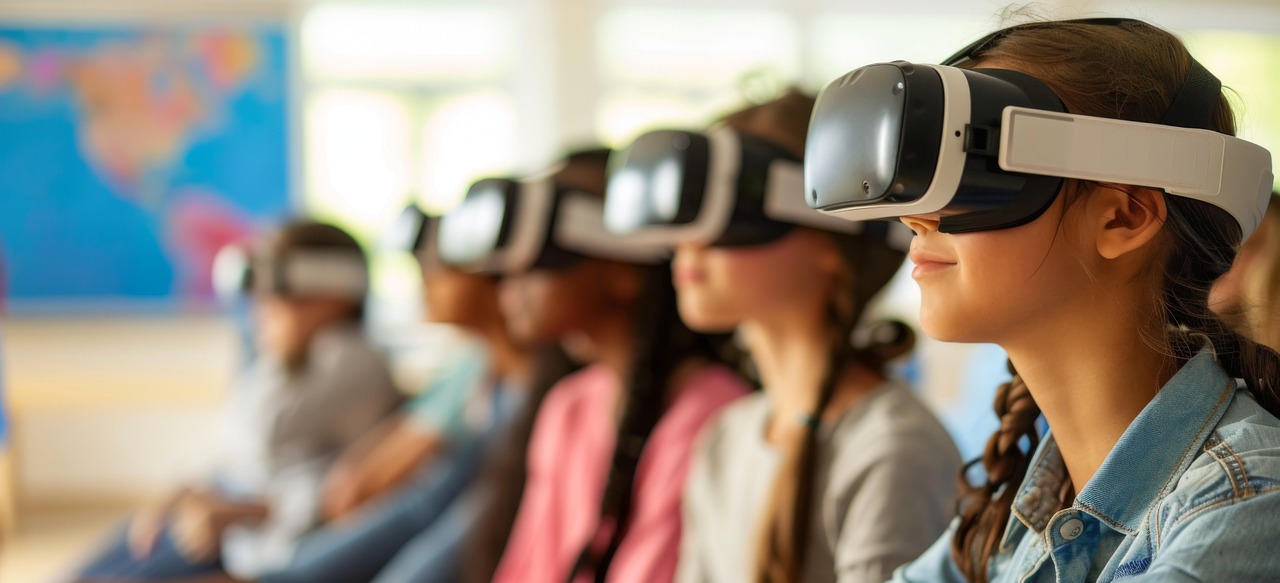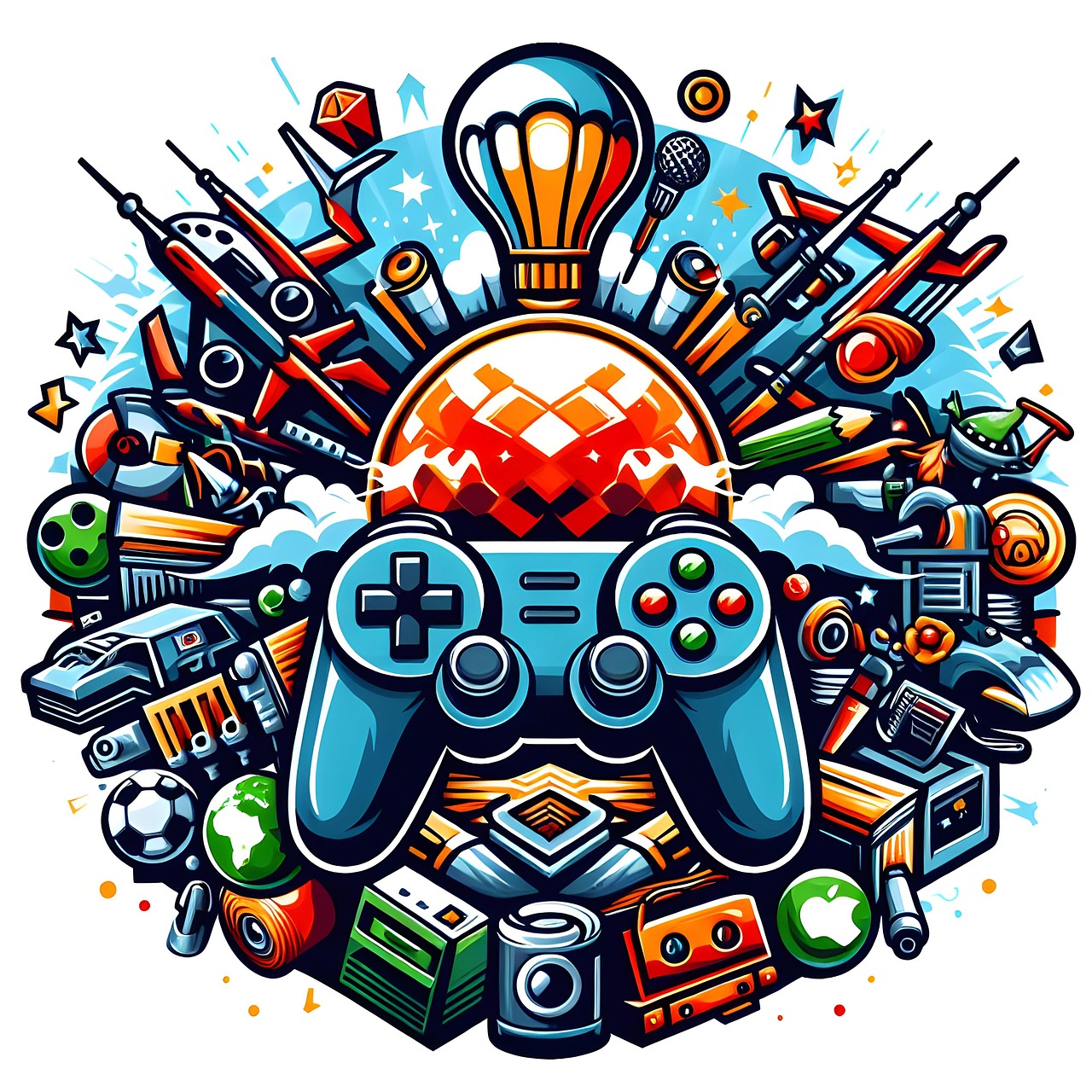
Survival of the Fittest: An Examination of the Rising Popularity of Battle Royale Games
In the world of gaming, few genres have captured the imagination and engagement of players quite like battle royale games. These games, characterized by their last-person-standing gameplay, have surged in popularity over the past decade, captivating millions of players worldwide. But what exactly has fueled this meteoric rise, and why do these games continue to thrive? In this post, we delve into the dynamic world of battle royale games, exploring their origins, mechanics, cultural impact, and future trajectory.
The Origins of Battle Royale
The concept of battle royale-style gameplay can be traced back to various influences in both gaming and popular culture. The term “battle royale” itself originates from the Japanese film “Battle Royale,” which depicted a dystopian future where students are forced to fight to the death. This notion of survival has become a core theme in many games, but its true gaming roots can be seen in earlier mods and games that experimented with large-scale, free-for-all combat scenarios.
One of the first major games to incorporate a battle royale mode was “Arma 2,” through a mod called “DayZ: Battle Royale.” This mod laid the groundwork for what would eventually become a standalone genre. The game’s creator, Brendan Greene, also known as PlayerUnknown, further developed the concept and eventually released “PlayerUnknown’s Battlegrounds” (PUBG) in 2017. The success of PUBG set the stage for the genre, inspiring countless developers to create their own iterations.
Core Mechanics and Gameplay

At the heart of every battle royale game is the simple yet compelling premise: drop into a large map, scavenge for weapons and resources, and be the last player or team standing. This formula is both accessible and thrilling, combining elements of survival, exploration, and combat.
Games typically start with players parachuting onto a map with no equipment. The tension builds as players must quickly gather items to defend themselves, all while a shrinking safe zone forces encounters. This dynamic creates a fast-paced and unpredictable experience, keeping players on the edge of their seats.
Furthermore, the random distribution of resources and weapons ensures that no two games are alike, fostering a sense of replayability. Players must consistently adapt their strategies based on the resources they find and the actions of other players, which adds depth to the gameplay.
Cultural Impact and Community
The widespread appeal of battle royale games can largely be attributed to their community-driven culture. Games like “Fortnite” have become cultural phenomena, extending beyond gaming into mainstream media and entertainment. The game’s vibrant art style, frequent updates, and collaborations with popular franchises have cemented its status as a staple in pop culture.
Streaming platforms such as Twitch and YouTube have played a crucial role in the popularity of battle royale games. Streamers and content creators showcase their gameplay, attract large audiences, and foster communities around these games. This visibility has not only driven more players to engage with the genre but has also encouraged the development of esports competitions and tournaments.
Technological Advancements
The rise of battle royale games has been facilitated by advancements in technology. Powerful gaming engines and improved network infrastructure have allowed developers to create expansive and detailed maps that can support hundreds of players simultaneously. Games like “Call of Duty: Warzone” and “Apex Legends” leverage these technologies to deliver smooth and immersive experiences.

Moreover, the increasing accessibility of gaming devices, from high-end PCs to mobile phones, has made it easier for a diverse audience to partake in battle royale games. Mobile adaptations, such as “PUBG Mobile” and “Garena Free Fire,” have been particularly successful in reaching players in regions with limited access to traditional gaming consoles or PCs.
Challenges and Critiques
Despite their success, battle royale games face several challenges. One of the most significant is maintaining player interest in a saturated market. With numerous titles vying for attention, developers must continuously innovate to keep their games fresh and engaging. This often involves regular content updates, new game modes, and seasonal events.
Another challenge is the issue of fairness and cheating. The competitive nature of battle royale games can sometimes lead to players seeking unfair advantages through hacks and cheats. Developers invest heavily in anti-cheat technologies to ensure a level playing field, but this remains an ongoing battle.
Additionally, the genre has faced criticism for its portrayal of violence and its impact on younger audiences. As battle royale games attract a broad demographic, concerns about their influence on behavior and mental health have been raised. Developers are increasingly implementing features that promote positive gaming habits and provide parental controls.
The Future of Battle Royale Games
As the genre continues to evolve, several trends are likely to shape the future of battle royale games. Cross-platform play is becoming increasingly common, allowing players on different devices to compete in the same matches. This feature not only broadens the player base but also enhances the social aspect of gaming.

Innovative gameplay mechanics and storytelling elements are also being explored. Games like “Fall Guys: Ultimate Knockout” blend battle royale mechanics with whimsical obstacle courses, offering a fresh take on the genre. Similarly, developers are experimenting with narrative-driven experiences that provide context and depth to the traditional survival gameplay.
The integration of virtual reality (VR) and augmented reality (AR) technologies could further revolutionize the genre, offering more immersive and interactive experiences. As technology continues to advance, the possibilities for battle royale games are virtually limitless.
Takeaways
Battle royale games have undeniably left an indelible mark on the gaming industry. Their blend of accessibility, excitement, and community engagement has captivated millions, establishing the genre as a dominant force. As developers continue to innovate and players‘ tastes evolve, battle royale games are poised to remain a staple of interactive entertainment for years to come.
For those interested in exploring more about the evolution of gaming genres, Gamasutra offers a wealth of resources and insights from industry professionals. Similarly, Kotaku provides comprehensive coverage of gaming news and trends, keeping enthusiasts informed about the latest developments.
Player Engagement and Community Building
Player engagement is a critical component of the success of battle royale games. Developers often implement features that encourage social interaction, such as team-based modes and in-game voice chat. These features allow players to collaborate and strategize, fostering a sense of camaraderie and teamwork.

Community building is further enhanced through social media platforms and dedicated forums where players can share tips, discuss strategies, and form groups. Official game subreddits and Discord servers serve as hubs for fans to connect, share their experiences, and stay updated on the latest news and events. This sense of community contributes to the longevity of battle royale games, as players often return to engage with their online friends.
Moreover, the rise of user-generated content, such as custom maps and game modes, has empowered players to contribute to the game’s ecosystem. Platforms like Steam Community provide tools for players to create and share their own content, enhancing the game’s replayability and appeal.
The Role of Monetization and Free-to-Play Models
Monetization strategies have played a significant role in the widespread adoption of battle royale games. Many of these games utilize a free-to-play model, allowing players to download and play without any upfront cost. This approach lowers the barrier to entry, attracting a large player base.
Revenue is generated through microtransactions, which offer cosmetic items, battle passes, and other in-game purchases. These transactions do not affect gameplay but allow players to personalize their characters and experiences. The success of this model is evident in games like “Fortnite,” which have generated billions in revenue through their in-game store.
Seasonal events and limited-time offers are also used to encourage spending, creating a sense of urgency among players. This approach not only drives revenue but also keeps the game dynamic and engaging, as players look forward to new content regularly.

Educational and Social Implications
While primarily a source of entertainment, battle royale games have educational and social implications as well. They can teach players valuable skills such as strategic thinking, resource management, and teamwork. These games often require players to make quick decisions under pressure, which can enhance cognitive abilities and problem-solving skills.
Furthermore, the social nature of these games can help develop communication and cooperation skills. Players must often work together to achieve a common goal, fostering collaboration and leadership qualities. This social interaction can be particularly beneficial for younger players, helping them build friendships and improve their social competencies.
However, it is essential to balance gaming with other activities. Parents and guardians are encouraged to monitor playtime and ensure that it does not interfere with other responsibilities or activities.
Conclusion: A Genre Here to Stay
In conclusion, the battle royale genre has firmly established itself as a cornerstone of modern gaming. Its unique blend of survival, strategy, and social interaction offers a compelling experience that resonates with a diverse audience. As the genre continues to evolve, driven by technological advancements and innovative gameplay, battle royale games are likely to remain at the forefront of the gaming industry.
For those interested in keeping up-to-date with the latest in gaming trends and analysis, IGN offers comprehensive reviews and insights. Additionally, GameSpot provides news and updates on the ever-changing landscape of the gaming world.
Whether you are a seasoned gamer or a newcomer, the world of battle royale offers a thrilling and ever-evolving adventure, promising endless possibilities and excitement.



